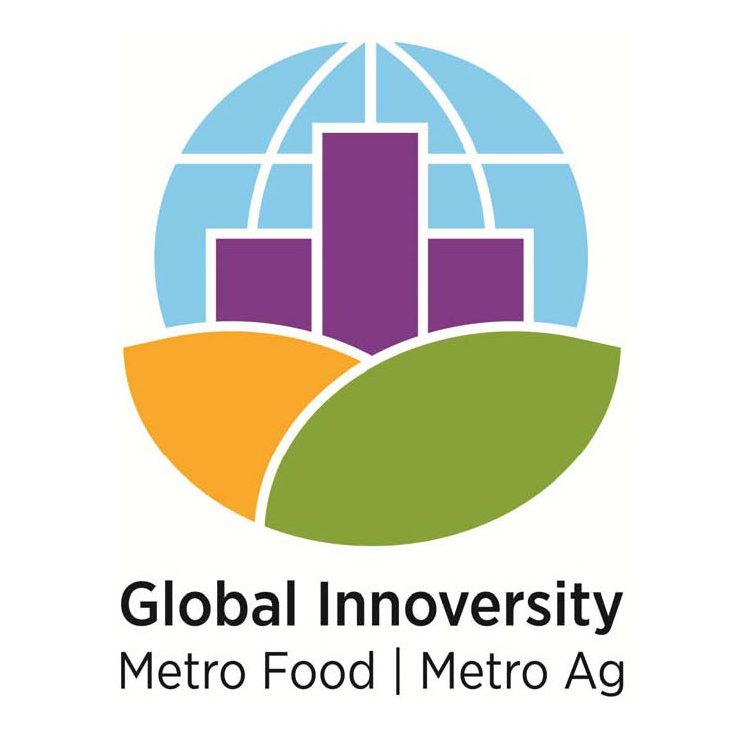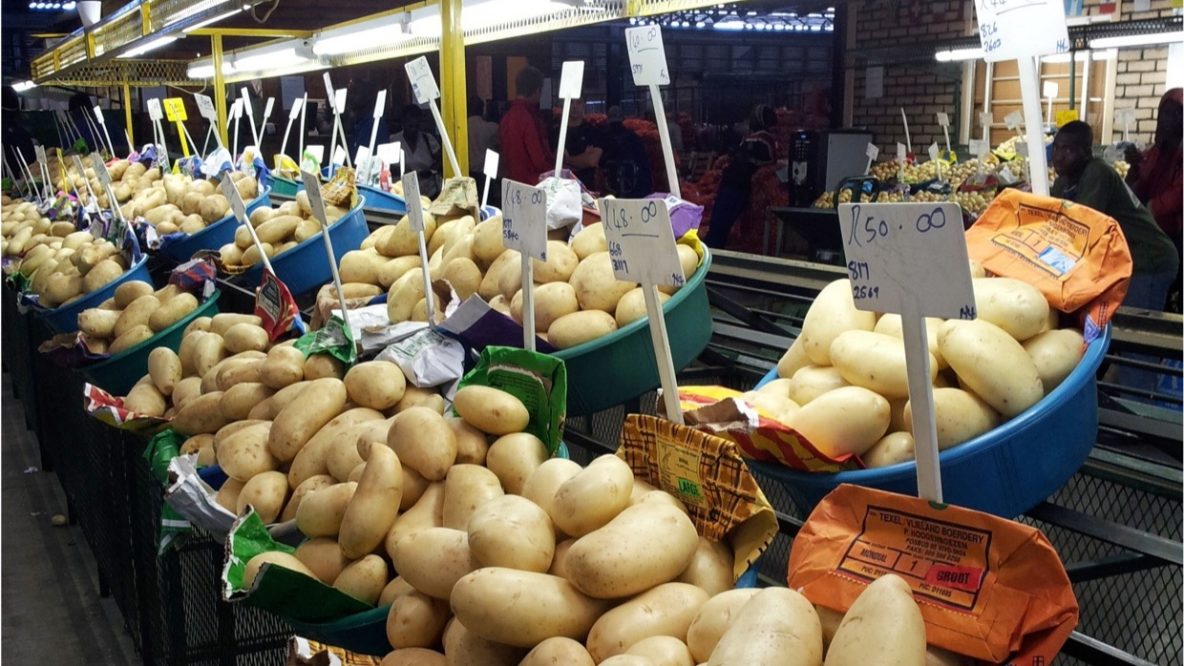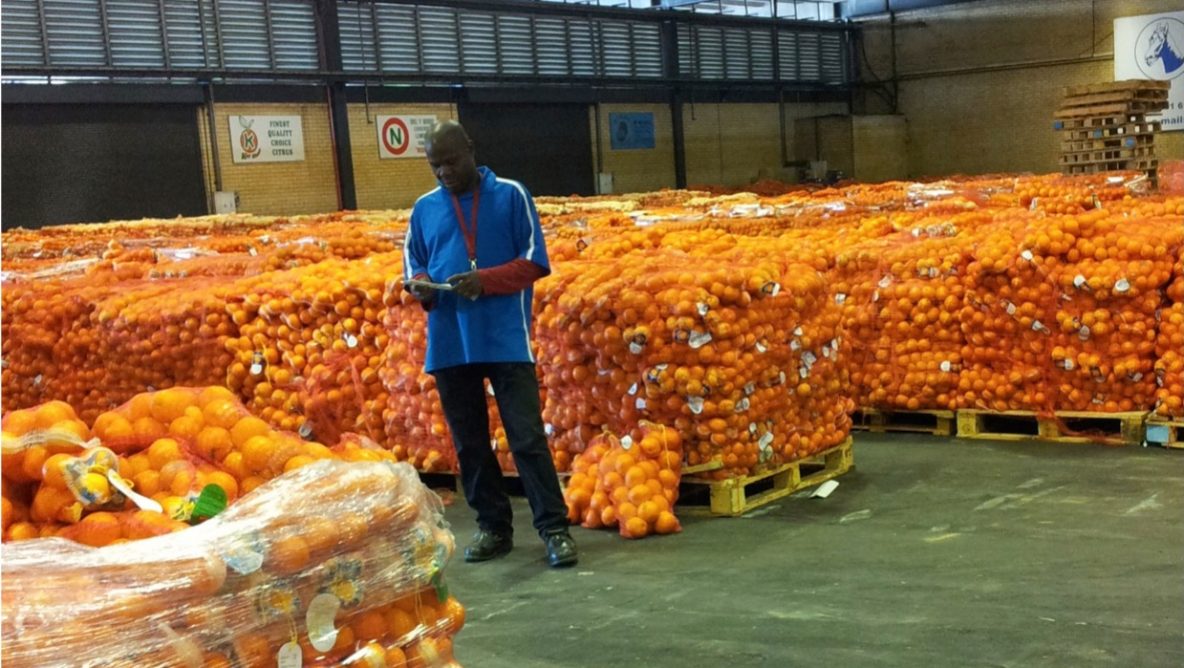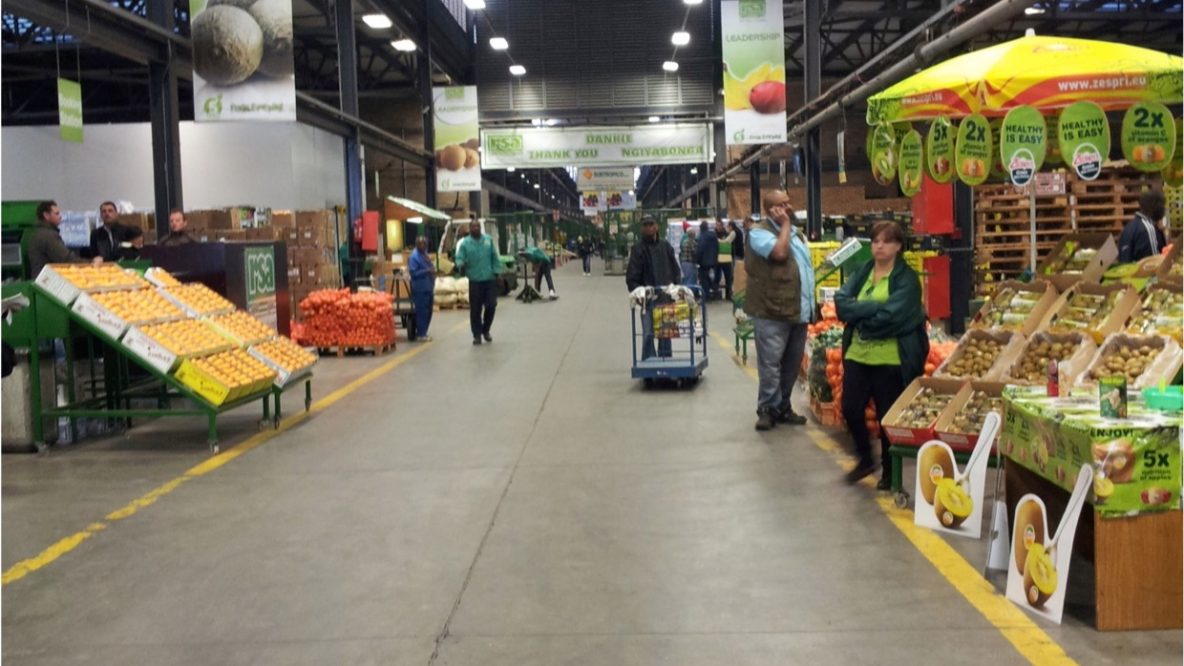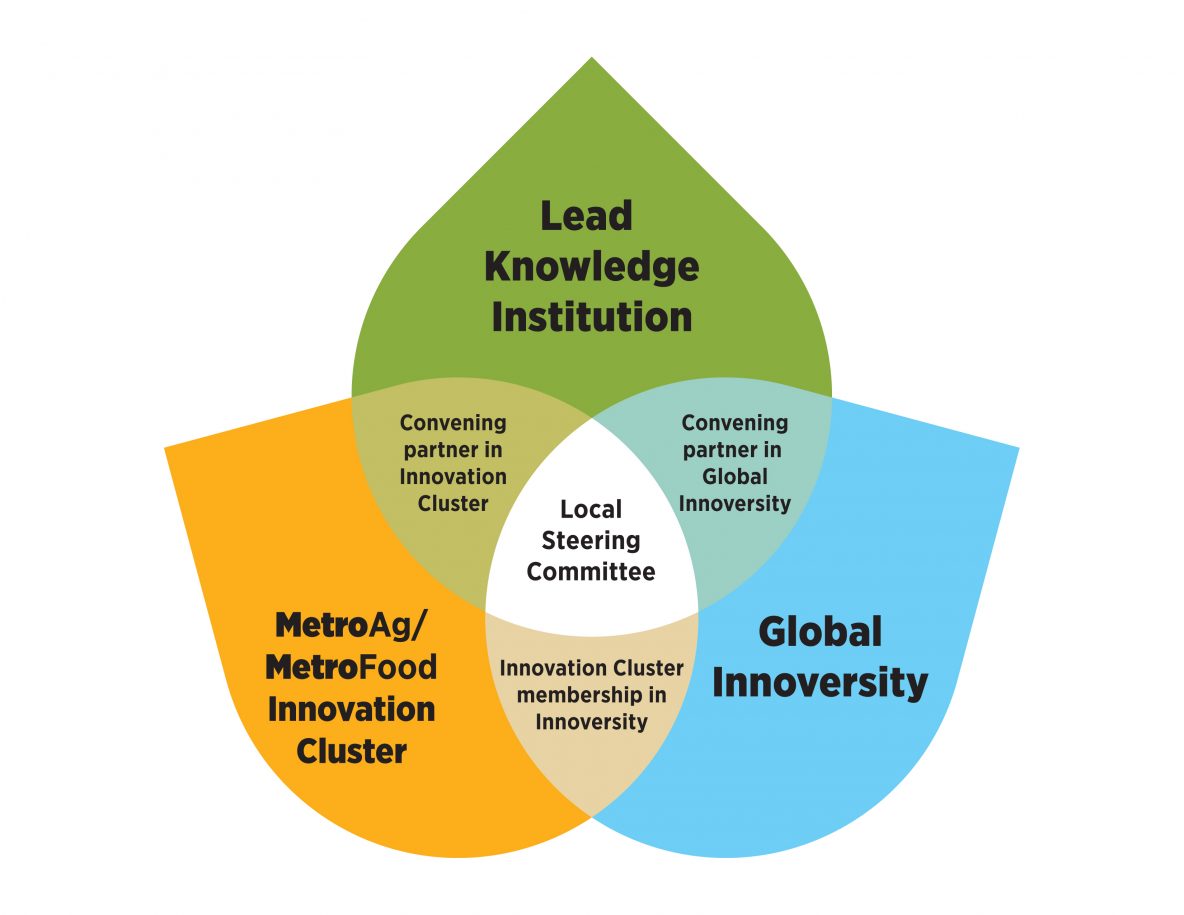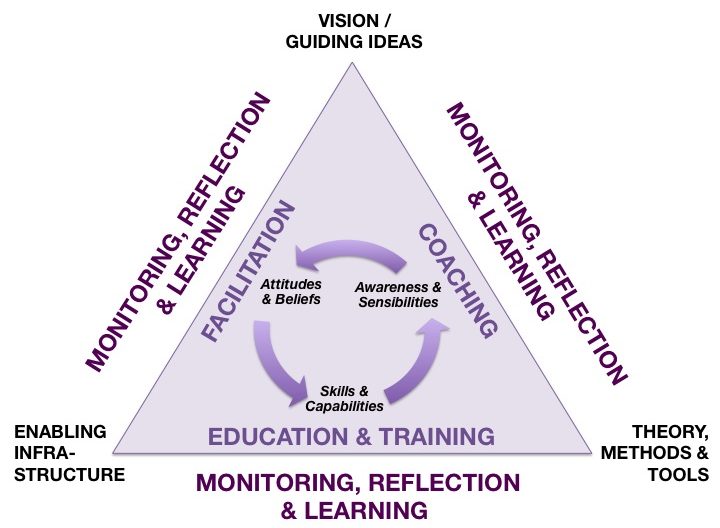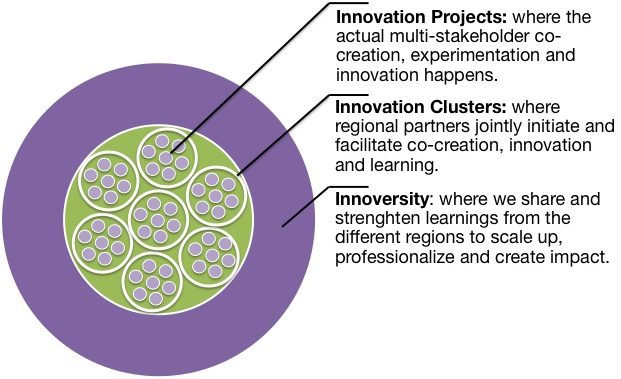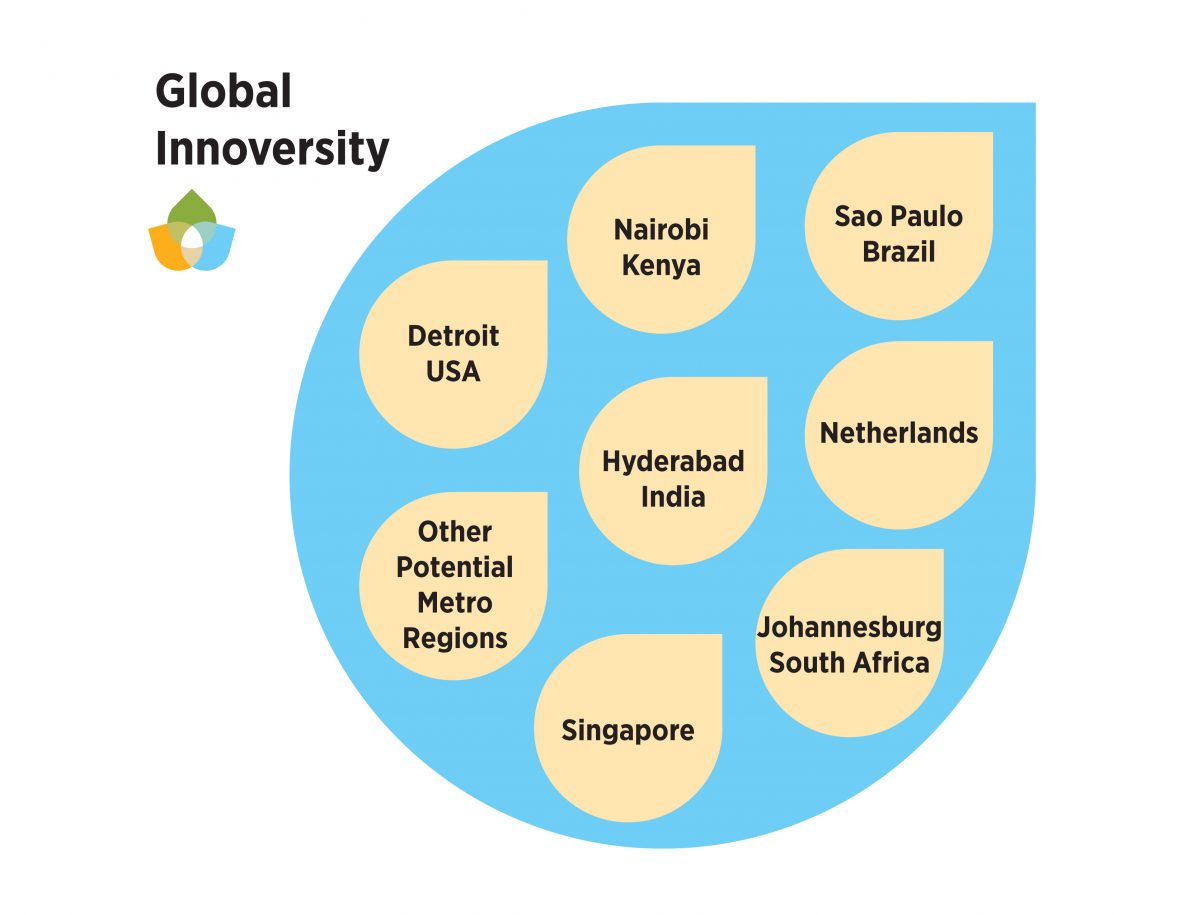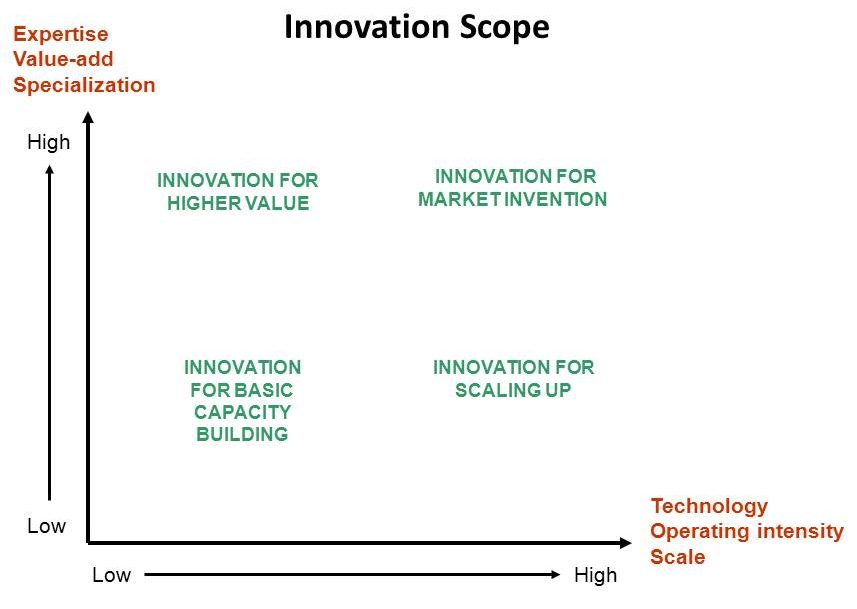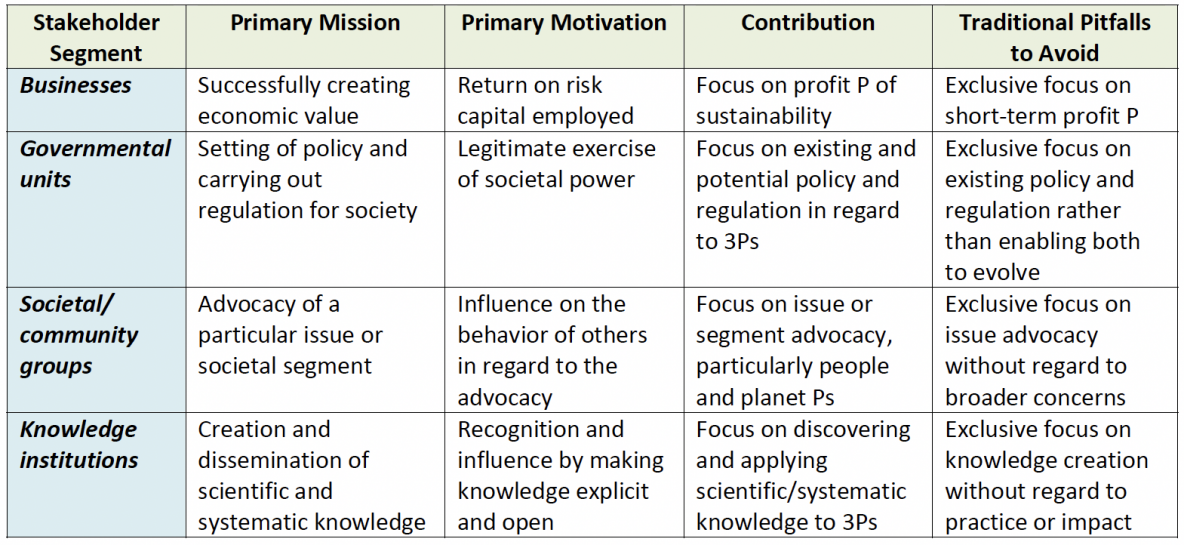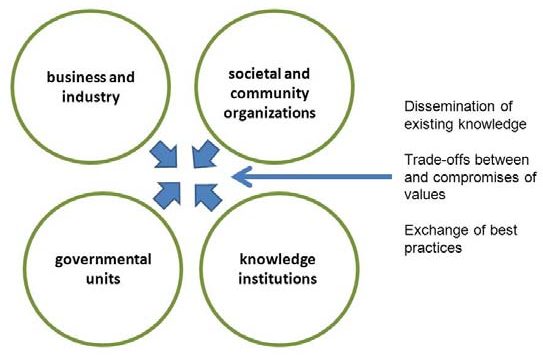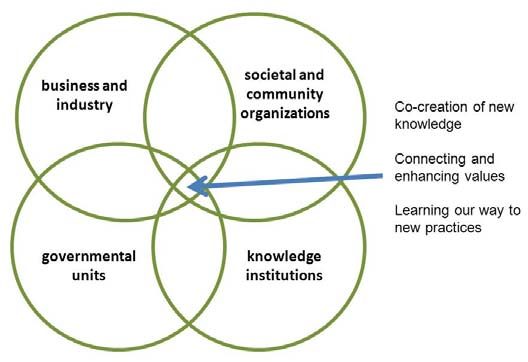The Global Innoversity for Metro Food / Metro Ag was conceived as an innovation accelerator created by Innovation Coalitions from the world’s metropolitan regions. The Global Innoversity and its member coalitions supported the development and mutual sharing of innovations in food, agriculture and integrated resource systems. The project’s long‐term goal was to significantly and measurably enhance the capacity of the world’s metropolitan regions to meet current and emerging food, agriculture and resource needs in new, sustainable and resilient ways. The seven regions in the founding group were Detroit, Johannesburg, Nairobi, the Netherlands, Hyderabad, Singapore, and Sao Paulo. Other regions were planned to be added once the concept was proven.
Project Partners:
- Michigan State University:
- Chris Geith – Executive Director, MSUglobal
- Sander Mager – Acting Director, Global Innoversity
- Greta McKinney – MSU Product Center
- Prof. Christopher Peterson – Acting Director Global Innoversity
- Steve Pueppke – Associate VP for Research & Graduate Studies
- John Stone – Manger, Research and Engagement, Global Innoversity
- Renée Wallace – Doers Consulting
- Detroit
- Dr Rick Foster – W.K. Kellogg Endowed Chair, Food, Society, Sustainability Office, College of Agriculture and Natural Resources
- James Reimer
- Katheryn Lynch Underwood – Detroit City Planning Commission
- Malik Yakini – Detroit Black Community Food Security Network
- Hyderabad
- Kalyan Chakravarthy
- Prof. Aldas Janaiah – School of Agribusness Management, ANGRAU
- Dr. Aparna Kuna – Dept of Food and Nutrition, Acharya N.G. Ranga Agricultural University
- Johannesburg
- Angus Campbell, Department of Industrial Design, University of Johannesburg
- Dr. Naude Malan, Departments of Anthropology & Development Studies, University of Johannesburg
- Nairobi
- Assoc Prof. Maina (Max) Muniafu – School of Science and Technology, USIU
- Prof. Francis Wambalaba – United States International University
- Netherlands
- Ir. M.A. (Mariët) van Haaster – de Winter – LEI Wageningen UR
- Henk C. van Latesteijn
- Dr. Peter J.P. Zuurbier – Wageningeb UR Office for Latin America Droevendaalsesteeg
- Singapore
- Dr. J. Jackson Ewing – Centre for Non-Traditional Security Studies, Nanyang Technological University
- Rongrong Jiang
- Tee Sang You
- Sao Paulo
- Prof. Renato Orsato – Sao Paulo School of Business, Getuilo Vargas Foundation
Overview:
The Global Innovarsity planned to accelerate innovation in three ways:
- Promoting a dynamic set of operating principles for managing local innovation projects
- Direct sharing of innovation and learning across the global network of metropolitan regions
- Continuously improving innovation processes through an action‐learning platform
Strategic Objectives:
1. Change the sustainability trajectory of metropolitan regions so that current and emerging needs for food, agriculture, and integrated resources are met with significant and measurable improvement of capacity and for the benefit of all.
2. Continuously develop, evolve and share a robust methodology for co‐creating sustainable innovation for food, agriculture and integrated resource systems.
3. Fully form and build the capacity of a founding group of multi‐stakeholder Innovation Coalitions each representing a metropolitan region of the world.
4. Create and continuously improve an action‐learning platform to monitor, reflect and share innovation and learning across the global network of metropolitan regions.
The Global Innoversity planned to accelerate innovation in food, agriculture and integrated resource systems. The logic of what we did was captured in the Metro Food | Metro Ag paradigm. The existing food and agriculture system, with respect to metropolitan regions, is faced with a problem context of increasing concerns and value conflicts that minimise system innovation. We planned a new intervention to create innovation by implementing novel operating principles that result in connected values and sustainable change. The envisioned impacts were enhanced capacities for metro food, agriculture and resource systems fulfilling population needs in better, more sustainble ways. The Global Innoversity and its member metropolitan regions worked to create programming, a support network and an action learning platform to accelerate innovation.
The Global Innoversity had duality at its heart—we were about food and agriculture in metropolitan settings. The Dutch innovation program, TransForum (2004‐2010), founded the Innoversity and coined the term Metro Ag as its subject matter. Michigan State University assumed the convening role from TransForum and helped coin the complementary term, Metro Food, in the context of its work in Detroit. We preserved the use of the dual terms, Metro Food | Metro Ag, to assure that members, staff and partners understood that we did not see either food or agriculture narrowly but rather as an encompassing system that also includes integrally related resources such as water, energy and land.
Operating Principles designed to foster effective innovation:
These principles were intended to be practised at every level: through the Global Innoversity itself, each metro region innovation coalition, and innovation projects sponsored globally or locally. The initiating set of five principles was consistent with existing concepts of managing value conflicts and generating innovation in complex settings, yet it was differentiated by the collection of these principles into an implementable set. A version of these principles was successfully and extensively practiced by TransForum in its innovation projects.
1. Creating value across all three elements of sustainability—people, planet and profit
2. Engaging key stakeholders—businesses, governmental units, societal/community organizations, and knowledge institutions—together throughout the work
3. Experimenting with innovation as the means to move beyond conflict and compromise to co-creation, learning and action.
4. Monitoring and reflecting to create and share new knowledge.
5. Optimising change from innovation by integrating technology (hardware), human capacities (software), and organizational/network design (orgware) into the innovation process.
Guiding Principles were designed to reflect our core values. These principles were practiced everywhere in the network in order that innovation serves specific broader values rather than merely being an end in and of itself.
1. We focused our work on food, agriculture and integrated resource systems in, around and for metropolitan regions and were not bounded by the narrow geographic outline of any one city.
2. We promoted inclusivity, diversity, equity and social justice as integral to our work.
3. We promoted entrepreneurship, venture development, and commercialization of innovation as integral to our work.
4. We connected global and local wherever possible to guarantee a mutually beneficial flow of inspiration, knowledge, innovation, and service, while honouring the specific situation and context in each region.
5. We honoured the usefulness of existing and indigenous knowledge in our pursuit of new knowledge while recognising that existing knowledge in part contributes to innovation and in part has resulted in the undesirable value tradeoffs that make innovation essential.
6. We evaluated and evolved our Operating and Guiding Principles in order that we assure their implementation in practice and their adaptation to reflect our learning from practice.
Innovation:
We deliberately used a very broad conception of innovation. It is about doing something differently rather than merely improving what exists; doing better things rather than doing things a little better. It can result in new products, services, processes, or technologies useable by public or private actors of all descriptions. It can arise (by design) from solving a problem, seizing an opportunity, meeting a new requirement, adding value to an existing product, process or
service, or serving an inarticulate or misunderstood customer/constituent need.
Innovation can be open or proprietary. In regard to the Global Innoversity, our intention was that innovation should be all-inclusive as to topic, form or function, and it is mostly made available through open sourcing. At times, innovations that can be legally protected as intellectual property will be, but the internal rules for doing this remained unformed.
We believed that an innovation coalition serving a metropolitan region should aspire to support a broad portfolio of innovation projects related to food, agriculture and integrated resource systems. Multiple scales, multiple technologies, multiple requirements for expertise and specialisation should all be incorporated. As a guide, metro region coalitions should work to have projects in each of the four areas of innovation scope (see diagram below).
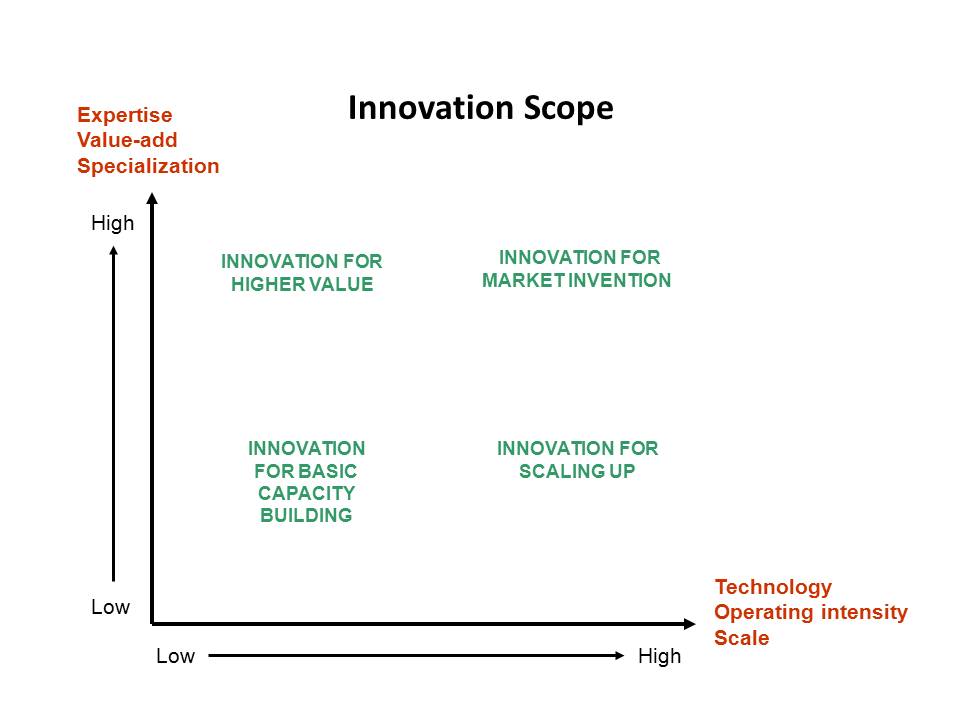
However, different metro regions may set different priorities among the four areas. A complementary perspective on innovation scope focuses on types of value creation strategy implemented:
- Sustainable intensification: Better sustainability performance by closing loops in the operating processes within or across ventures
- Sustainable diversification: Better sustainability performance by adding new products or services to open new markets
- Sustainable revaluation: better sustainability performance by adding new values to products or services in existing markets.
Four Stakeholder Segments:
Multi‐stakeholder engagement was one of the primary operating principles of the Global Innoversity. The principle called for including four distinct segments of stakeholders. In the TransForum program these were called the KENGi stakeholders (Knowledge institutions, Entrepreneurs, NGOs, and Government innovating
together). We adopted a slightly different set of terms (see table below). These four stakeholder segments are highlighted because their diversity of missions, motivations, and potential for contribution make them all critical to the complex, messy type of system innovation we will be facing.
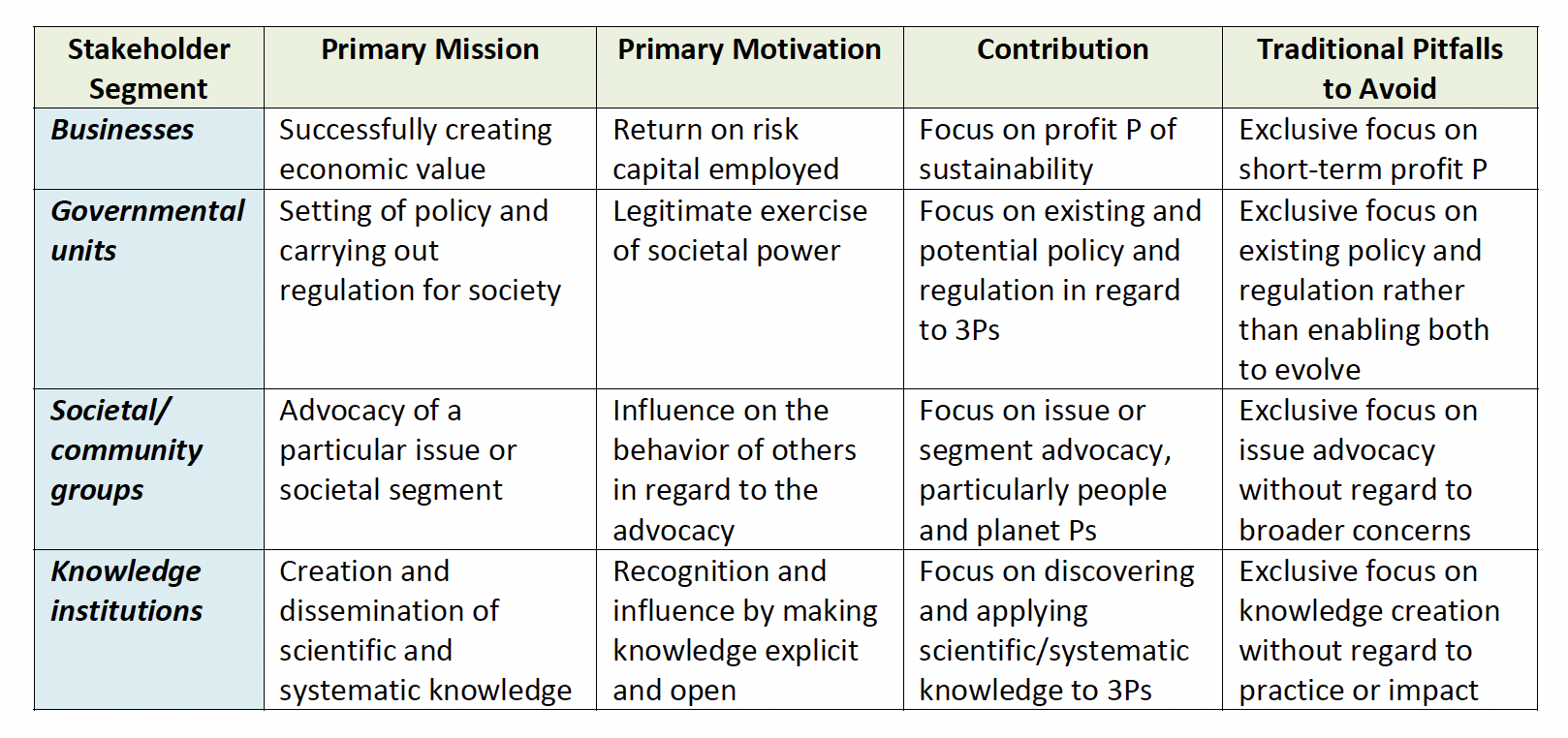
Once each of the four types of stakeholders was present in a coalition or project group, the total number of participants depended on the situation and the innovation being addressed. Practical limits to the number of participants obviously existed. As a first set of criteria, stakeholders in the coalition should be:
- Representative of the four stakeholder segments
- Capable of enabling or vetoing innovation
- Willing to be fully engaged in the process of innovation and new knowledge creation
- Open to experimentation and learning while avoiding exclusive focus on narrow agendas or justifications of existing knowledge
- Patient in allowing the process to progress while postponing veto behaviour
Multi‐stakeholder Engagement:
The four stakeholder segments defined the “multi” part of our key principle. Engagement was the other key term. Engagement demands more than participation. It demands involvement, sharing, co‐creating, innovating, and learning together.
Traditional stakeholder participation results in exchange and negotiation:
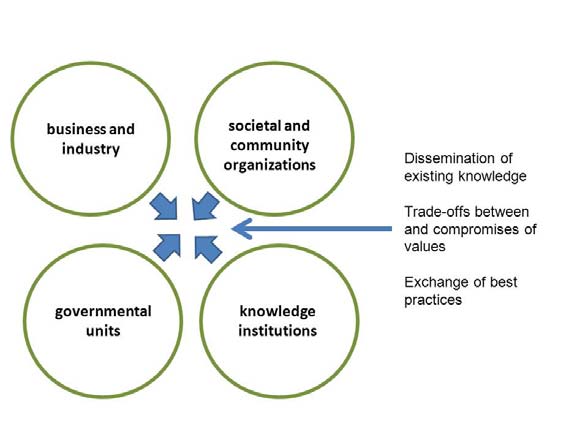
Multi‐stakeholder engagement results in interaction and co‐creation:
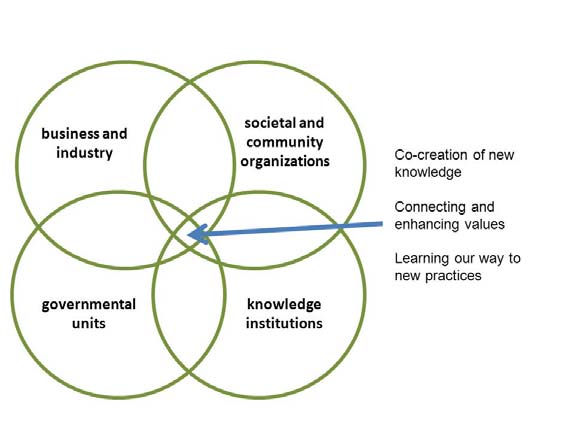
TransForum found that engagement results in Connected Value Development for business and wider society alike. Connected Value Development is an approach that transforms perceived trade‐offs into complements, by connecting values held by different stakeholders. It leads to the creation of “3‐P business propositions”:
economic activities which return a Profit but are, at the same time, good for People and fully respectful of our Planet. In contrast to many other approaches Connected Value Development seeks to make the ‘people’ and ‘planet’ values an intrinsic part of the business model.
Action Learning and the Role of Knowledge:
The Global Innoversity focused on action‐learning, meaning that the action and the learning are intrinsically coupled. It targets practitioners who have to deal with real problems or issues to get things done. Therefore the Global Innoversity primarily organised reflection and learning with and from their experiences and each other as they attempt to change things. Action learning has three mutually reinforcing purposes:
1. To make useful progress on a problem or opportunity in an innovation project; to make things happen.
2. To help people find out how to deal, now and in the future, with ill‐defined problems; to help them to learn how to learn.
3. To help people create the conditions in which they can learn with and from each other in pursuit of a common task. In a practical sense, this is the building of a learning organization/network.
Action learning does not reject the role of scientific or systematic learning. Theories, concepts, models and frameworks all have their role to play in how we learn and how we communicate what we learn. Action learning does however take us beyond “the classroom” or the “ivory tower” to the messy context of innovation and change. Experiments in action and action research methodologies are all part of making learning active. Each segment of stakeholders needed to come to the innovation engagement intending to learn actively or otherwise the process is stopped before it begins.
The Innoversity Concept called for an action learning platform. Consider this the infrastructure (technological, physical and virtual) needed to support and continuously generate action learning. The infrastructure must be as flexible as the sources of knowledge and learning from which it draws. Creating this platform will be one of the many challenges faced in building the Global Innoversity and making it effective.
New knowledge based on action learning was a particularly important prize arising from the various activities envisioned for the Global Innoversity. New knowledge was key to effective innovation. Each stakeholder brought existing knowledge to an innovation project. However, existing knowledge was deficient in at least two respects. First, the existing knowledge of one stakeholder was suspect to the other stakeholders. Lack of trust, differences in values and perceptions, and fear of strategic or power behaviour with knowledge all contribute to the suspicion. Merely debating existing knowledge or attempting to “prove” one’s knowledge to others was rarely effective in this setting. Second, existing knowledge was deficient because it is the knowledge that led to the existing system tradeoffs that have brought the stakeholders to conflict in the first place. Existing knowledge freezes the tradeoffs in place. It cannot be expected to solve or resolve differences.
Only new knowledge can overcome these deficiencies. If the new knowledge is derived by multi‐stakeholder engagement, then its co‐creation brings process legitimacy to the knowledge. It is believable because “we” together created it. Further, new knowledge can lead to system innovation that has the potential to turn
tradeoffs into complements in so far as possible. By redesigning the system, stakeholders can break old paradigms and processes and create new ones. To call for system redesign is not to belie the fundamental difficulty of new knowledge creation, innovation and implementation. But without true innovation managing
the complex, value‐conflicted problems of Metro Food / Metro Ag systems has little hope of success. Diversity among the stakeholders maximized the chances to create and implement significant system innovation.
References:
- van Altvorst, A.C., K. Andeweg, R. Eweg, H. van Latesteijn, S. Mager, L. Spaans. 2011. Sustainable Agricultural Entrepreneurship: the six guises of the successful agricultural entrepreneur, the urban area as an engine for new economic activity. Published by TransForum
- Barbara Regeer, Sander Mager and Yvonne van Oorschot. 2011. Licence to Grow – Innovating Sustainable Development by Connecting Values. VU University Press.
- van Latesteijn, H., Karin Andeweg, eds. 2011. The TransForum Model: Transforming Agro Innovation Toward Sustainable Development. Springer.
- H.C. Peterson, 2011, An Epistemology for Agribusiness: Peers, Methods and Engagement in the Agri‐Food‐Bio System, International Food and Agribusiness Management Review, 14(5):11‐26.
Impact & Outcomes:
- 2013-02-25 – 28 Global Planning Meeting, Detroit, USA
- Malan, N & Campbell, A.D. 2013. Finding a Focus for Metro Ag | Metro Food: An Analysis of the Johannesburg Food System. Global Innoversity Webcast, Michigan State University, April 8, connect.msu.edu/joburg
- 2014 March 18 – April 29 Creating Innovation Projects to Impact Your Metro AgriFood System – A Series of Worldwide Open Workshops
- 2014 Global Innoversity proposal for U.S. National Science Foundation (NSF) Sustainability Research Networks Competition (SRN)
- 2014 MOU signed between Michigan State University and the University of Johannesburg
